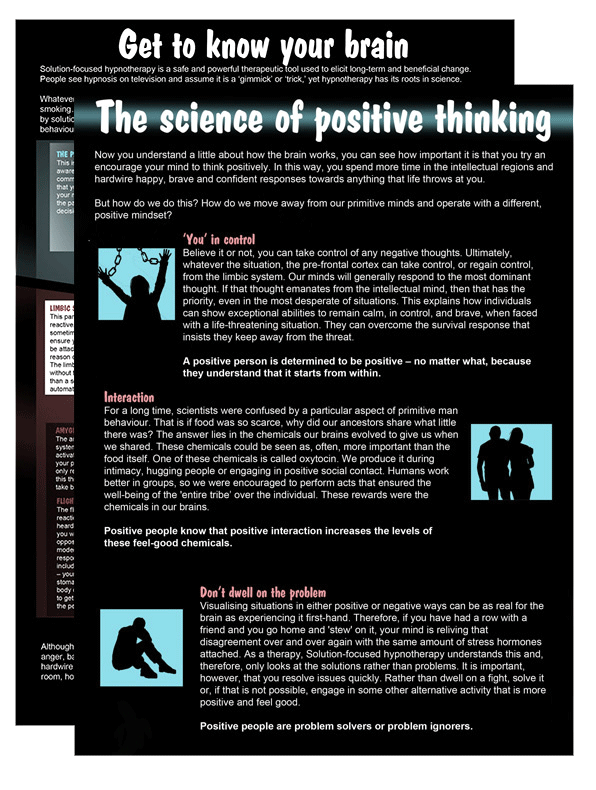Setting a new year’s resolutions is hugely common. A recent YouGov poll found the most common are 1. Eating better 2. Exercising more and 3. Spending less money. During the course of this year we may set ourselves additional goals as we work towards holidays or significant life events.

However, it seems January 17th is D-Day for resolutions. A vulnerable day that many people give up on good intentions and slide back into old habits. In fact Strava, the social fitness app for running and cycling, analysed data and found this to be the date when we are most likely to bail out on fitness resolutions.
But why is it sometimes so hard to stay on track with our best intentions and find ourselves slipping towards old ways even though we know we will feel fitter, happier, healthier, wealthier etc if we don’t?
Imagine the analogy of an adult and child. The child wants its treats immediately- its’ new toys, magazines, sweets etc. It can’t wait. Waiting feels uncomfortable and boring. The child is less able and willing to think ahead like the adult. It acts on impulse- the here and now. The child is a part of our brain that is there for survival. A fight-flight-freeze centre evolved over millions of years. The child revels in habit and routine. It wants to feel comfort and doesn’t like change. When it comes to willpower, the child has none.

The adult on the other hand has seen it all before. Its’ experiences allow it to know that acting impulsively can have very negative consequences. The adult is a part of the brain associated with higher executive functioning- planning, organising and innovation. The adult can cope well with discomfort if it’s for the greater good. The adult has useful skills and techniques for staying on track. The adult has willpower. The adult can be strong and motivated.
Most of the time, the adult is in control. Managing the child well and having successful outcomes. But occasionally, difficult variables arise and the adult loses influence over the child. It gives in to it more and more, then the power shifts from adult to child. The more occasions the adult gives in, the more empowered the child feels and out of control the adult becomes.
So what are these difficult variables?
The first is time. If we are wanting to lose weight for example the best way to do so is to by getting fit and eating healthily. Change takes time. We need to put the hours in at the gym, we need to allow more time to walk instead of get the car, we need to plan our meals, prepare our lunches for work or shop more mindfully at the supermarket. All of this takes time. Adding in the pressure of a busy job, juggling the school run and an urgent report for work time becomes pressured. Here we have sabotage factor number 1.
The second is focus. If we are serious about making a long-term change that may, feel ‘uncomfortable’, we need focus. Lots of it. It’s no use saying ‘no’ to biscuits and cakes all week at work then falling off the wagon at the weekend. We need to have a plan and stick to it. Consistently. When our adult brains are distracted by a plethora of grown-up pressures; that presentation for work, a family member becoming ill, the car failing its MOT. Then the adult loses focus on its goal and the needy child takes over. If feels harder to think ‘outside of the box’. Willpower fails. Here we have sabotage factor number 2.
Limited time, distractions and discontentment is exhausting for the adult who is trying hard to stay in control. When the adult is exhausted, the child seems noisier than ever and it is too tempting just to ‘give in’ to quieten it down.
We therefore must make sure that we look the adult. Allowing it the energy to do what it does better than any other part of the brain; cope with modern day living. This frees up energy for willpower, that all important ability to steer the child away from temptations to take us towards our goals.
Hypnotherapy works with both the adult and the child to make sure both are heading towards the same goal. Willpower then becomes less necessary because the whole brain is working towards the same goal rather than its own whims.

 1) Getting to know your brain
1) Getting to know your brain